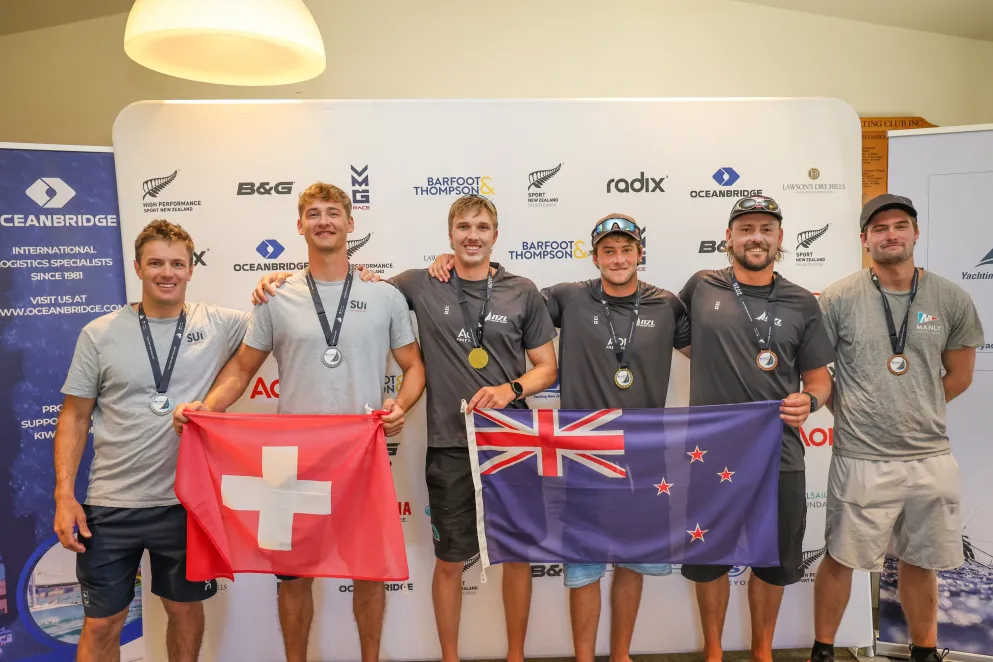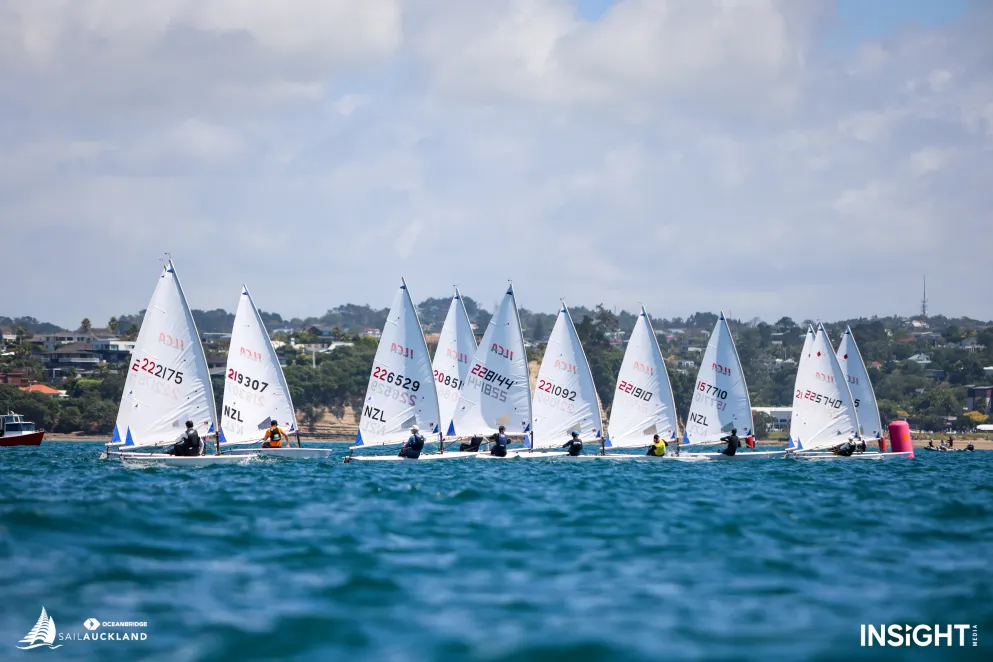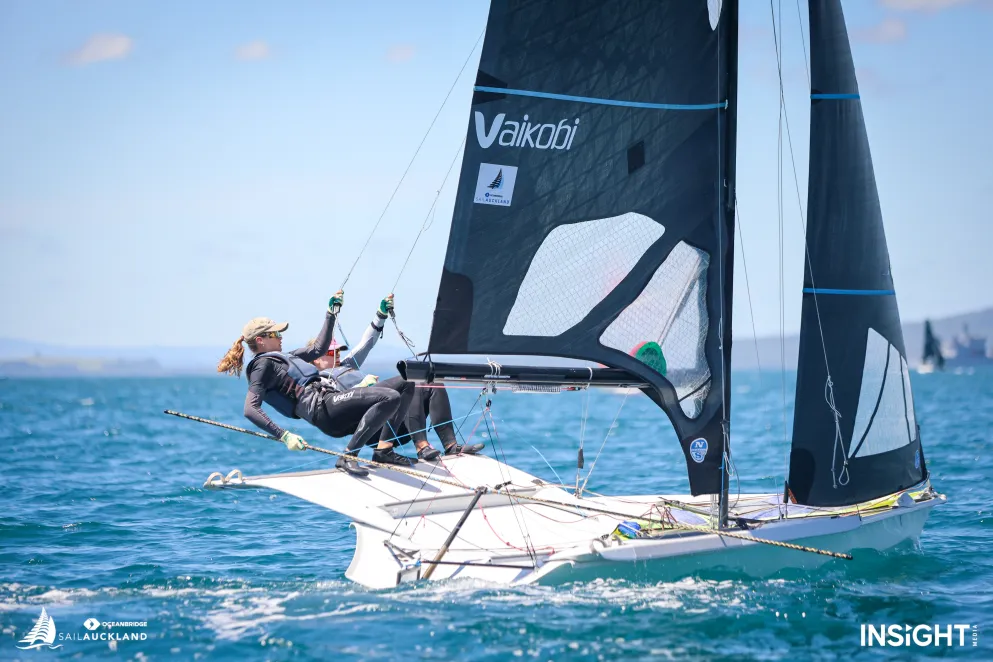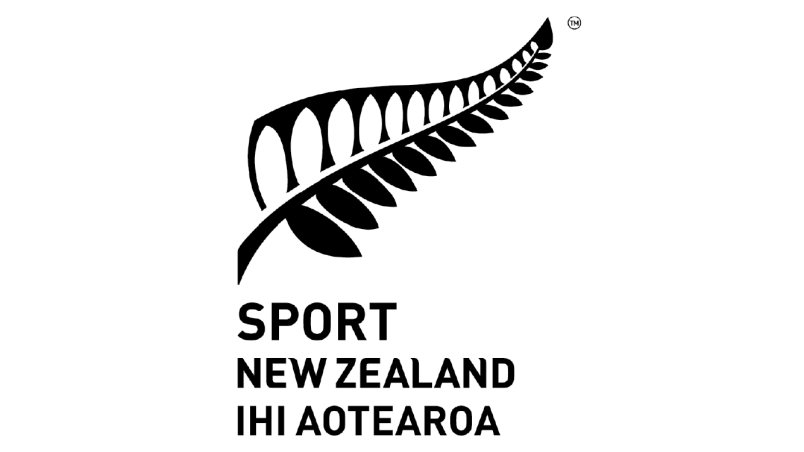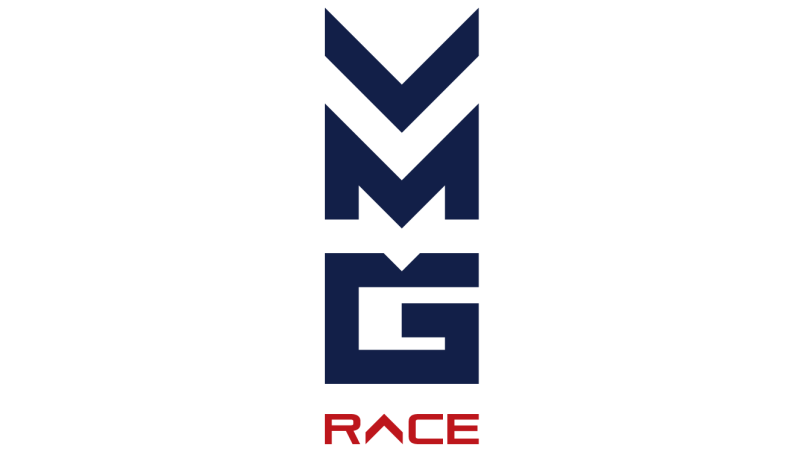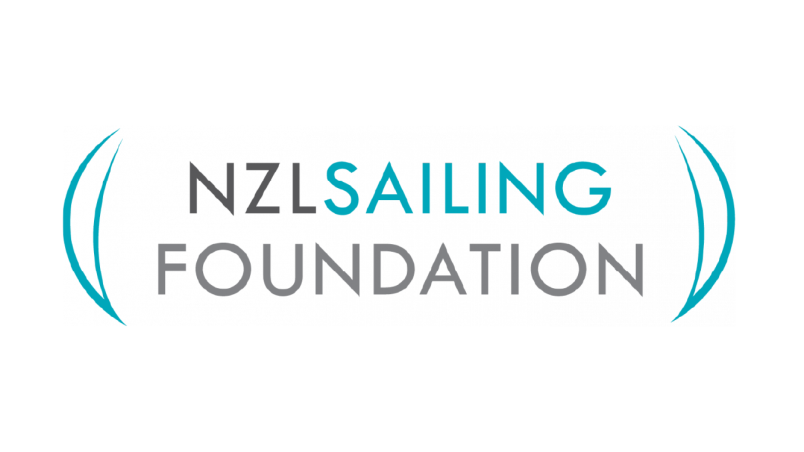New research explores scale of concussion in NZ sailing, aims to help with injury prevention
A new study aims to explore how concussion is understood and managed within the sailing community - an area that, according to one of New Zealand's leading brain health experts, has only just begun to be investigated.
The research, conducted via an online survey, seeks to find out what people know, their experience and their thoughts on use of headgear in the sport to inform safety initiatives.
Yacht club members are encouraged to take part in the survey by clicking here.
The project is led by Savanna Youmans, an Honours student in psychology at Auckland University of Technology, under the supervision of Professor Alice Theadom, an internationally recognised expert in brain health and Director of AUT’s Traumatic Brain Injury (TBI) Network.
It examines perceptions of concussion and safety practices across variables such as age, gender, and sailing class. Anyone aged 12 or over involved in sailing - whether as an athlete, parent, coach, manager, or support crew - is invited to participate. The survey is anonymous, takes approximately 10 minutes to complete, and participation is entirely voluntary.
Youmans says the research aims to better understand the experiences of people within the sailing community and their attitudes towards concussion and prevention.
"This study will help identify whether more can be done to ensure people are informed about concussion in sailing, and what steps might help reduce the risk of injury," she said.
Findings from the study will be shared with Yachting New Zealand and other sailing organisations and published on the TBI Network website to support future injury prevention strategies.
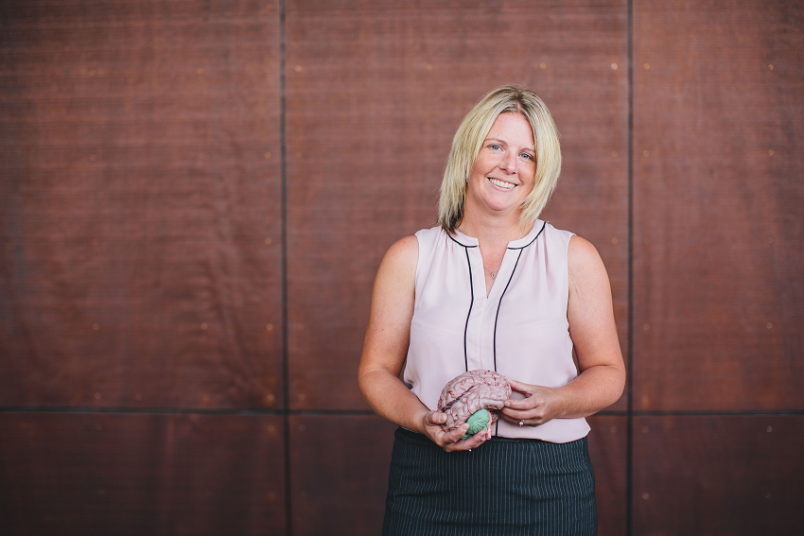
Theadom, who has spent over 15 years researching the consequences of brain injuries, says mild concussions are more common than many people realise and can significantly impact daily life.
"We're seeing concussions affect people's ability to work and function day-to-day. The brain is central to everything we do, and what we know about concussion is only the tip of the iceberg," she said.
While most public attention has focused on concussion in contact sports, Theadom emphasises that other sports - including sailing - also carry risks.
She previously led a similar initiative in partnership with Equestrian Sport New Zealand (ESNZ), a sport historically associated with high concussion rates.
In the sailing study, headgear use is an area of focus; however, Theadom notes that widespread misconceptions persist about how helmets function and the level of protection they provide.
Raynor Haagh, Yachting New Zealand’s national sport development director, welcomed the research.
"We all know someone who has suffered a head knock while sailing, and this research will help us to build a more complete picture of the scale of concussion in New Zealand sailing," Haagh said.
"Over the last few years, we've been looking at the symptoms and best practices for treating concussion. Hopefully, this study will assist us in our efforts to prevent these injuries from occurring in the first place."

